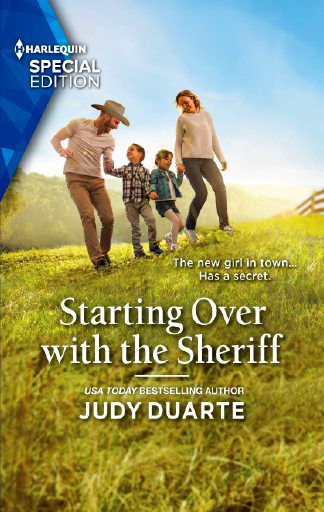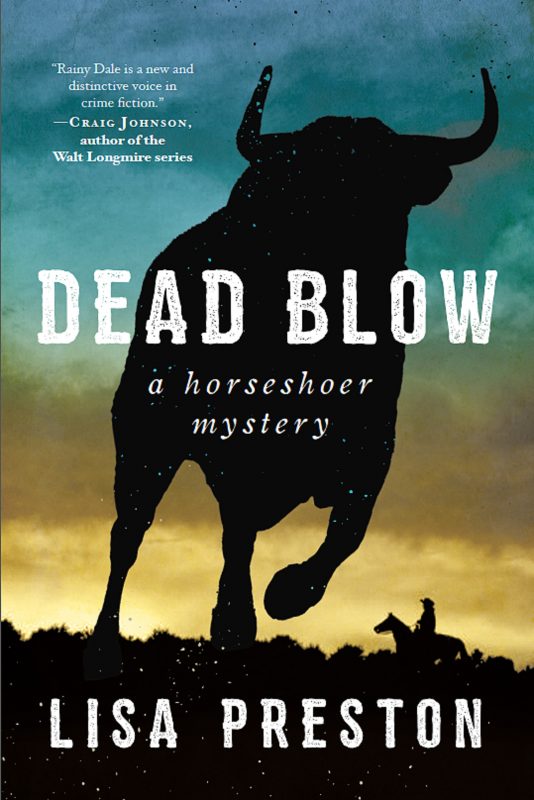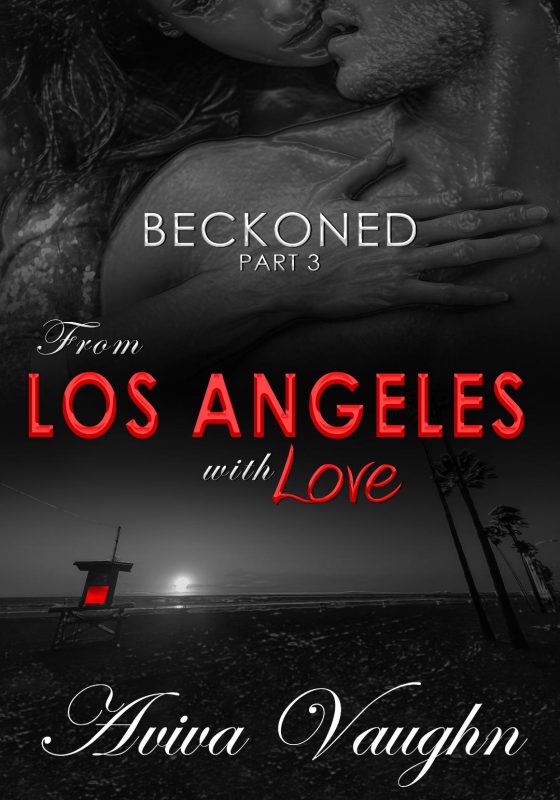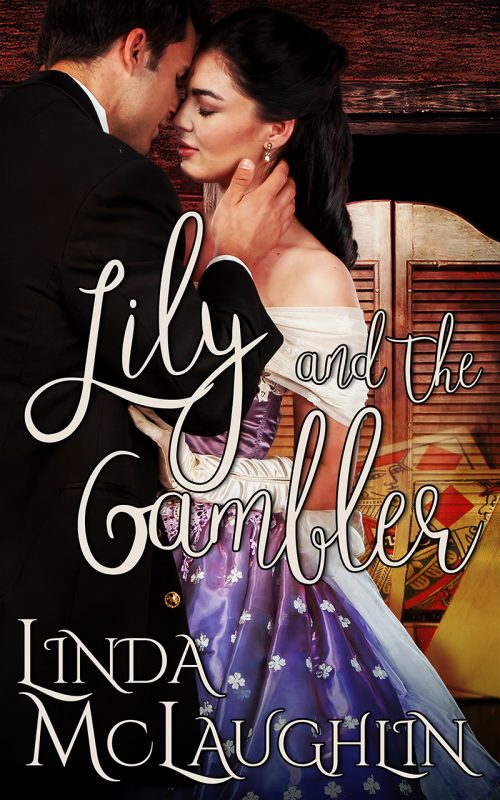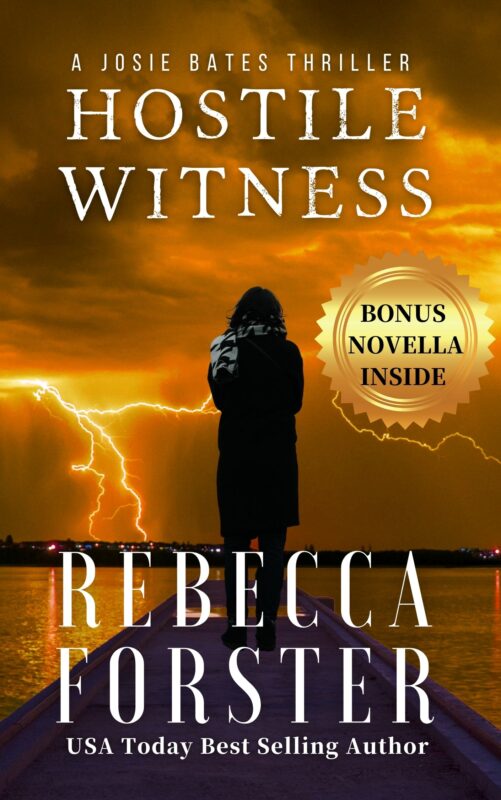NOVEL EDITS
July 14, 2014 by A Slice of Orange in category Archives tagged as Craft, romance writing, writing
IT’S NOT PERSONAL, BUT IT SHOULD BE
December 15, 2013 by A Slice of Orange in category Archives tagged as business, Craft, the writing process, Writing Goals0 0 Read more
Smart Alec (Syndrome)
October 15, 2013 by A Slice of Orange in category Archives tagged as advice, Craft, language, procedurals
 |
| Ingrid Bergman/Gaslight |
- · Procedural (police, medical, legal, etc.)
- · Historical
- · Literary
- · Foreign words and phrases
- · Insider references
- · Acronyms
- · Historical, legal, medical references
- · Rare, anachronistic, and/or exotic words
- · Use opposing dialogue for explanation and definition. This may be accomplished through agreement, amusement, derision, etc.
- · Use the omniscient voice to explain and explore a concept
- · Find another way to explain the word or references that retains the integrity of your work
- · Choose the vernacular but craft a sentence that reflects the tonal uniqueness of the original choice
0 0 Read more
THE NAKED NOVELIST
September 15, 2012 by A Slice of Orange in category Archives tagged as conferences, Craft, creativity, novelist, published, unpublished- Published or not, we are brothers and sisters under the skin
- Be courageous and present your work with pride
- If you are asked for an opinion, give it knowing you have a responsibility to be honest
- Our passion for the written word will keep us warm
- Help a writer when you can, good things will return to you
What A Dog!
May 15, 2012 by A Slice of Orange in category Archives tagged as Animals, cats, Craft, dogs, horses, Pets, Rebecca Forster, thrillers, writing |
| My grand dog Tucker |
As an author and a reader I had to ask myself: Why is a book that includes animals richer, more entertaining, and more engaging than one without? The answer was simple: Animals bring out the best and the worst in a human character. This makes for great drama and provides an emotional touch point that is critical for an exciting read.
Max-the-Dog (his legal name) was originally created as a reflection of Josie, his mistress. Both had been abandoned, both had to fight for their lives, both were protective of others. But Max became so much more than Josie’s mirror as the series unfolded.
Here are four ways Max made a difference in the witness series:
HE ENHANCED HUMAN CHARACTERIZATION: Those who attack him were inherently more evil than a bad guy who ignored him. Those who love Max were more admirable because they cared for and protect him.
HE WAS AN ANIMATED SOUNDING BOARD: Internal dialogue can be tedious. Allow a character to speculate to an animal and the rhetorical questions or monologues sound natural.
HIS PRESENCE SET A TONE: A scene tone can be set by the way a human character speaks to or interacts with an animal counterpart. A whispered warning creates a much different tone than a screaming command; a languid pet conjures up different visions than a playful ruffling of fur.
HE HELPED MOVE THE PLOT FORWARD: An animal’s needs can put a human in a place they might not have been in. For instance, in Privileged Witness, Josie took Max out for his evening constitutional and ran into her fugitive client who was hiding outside. Without Max, Josie would have no reason to go outside and never would have discovered her client. An animal’s heightened senses can also assist a human to warn of danger or alert a human to a change in their surroundings.
From The Hound of the Baskervilles to Lassie and Blue Dog, My Friend Flicka and The Black Stallion, The Cheshire Cat and Puss-in-Boots, animals have frolicked as humans, served to reflect human frailties and strengths, and just plain worked their way into reader’s hearts because of who they are.
So, to the kind lady who was concerned about Max, have no fear. He will never come to a violent end. No matter what happens to him, his presence or lack thereof, will be a decision motivated by story and plot and, of course, love, because Max is as real to me as if he sat at my feet while I wrote my stories.
*Hostile Witness is free for all e-readers and is also available in print.
1 0 Read more
Affiliate Links
A Slice of Orange is an affiliate with some of the booksellers listed on this website, including Barnes & Nobel, Books A Million, iBooks, Kobo, and Smashwords. This means A Slice of Orange may earn a small advertising fee from sales made through the links used on this website. There are reminders of these affiliate links on the pages for individual books.
Search A Slice of Orange
Find a Column
Archives
Featured Books
STARTING OVER WITH THE SHERIFF
Starting anew? But what if he learns the truth?
More info →DEAD BLOW
Rainy will have to dig deep and use all the tools in her box to both defend herself and the people she's just learning to love.
More info →HOSTILE WITNESS
A Prominent judge is dead; a sixteen-year-old girl is charged.
More info →Newsletter
Contributing Authors
Search A Slice of Orange
Find a Column
Archives
Authors in the Bookstore
- A. E. Decker
- A. J. Scudiere
- A.J. Sidransky
- Abby Collette
- Alanna Lucus
- Albert Marrin
- Alice Duncan
- Alina K. Field
- Alison Green Myers
- Andi Lawrencovna
- Andrew C Raiford
- Angela Pryce
- Aviva Vaughn
- Barbara Ankrum
- Bethlehem Writers Group, LLC
- Carol L. Wright
- Celeste Barclay
- Christina Alexandra
- Christopher D. Ochs
- Claire Davon
- Claire Naden
- Courtnee Turner Hoyle
- Courtney Annicchiarico
- D. Lieber
- Daniel V. Meier Jr.
- Debra Dixon
- Debra H. Goldstein
- Debra Holland
- Dee Ann Palmer
- Denise M. Colby
- Diane Benefiel
- Diane Sismour
- Dianna Sinovic
- DT Krippene
- E.B. Dawson
- Emilie Dallaire
- Emily Brightwell
- Emily PW Murphy
- Fae Rowen
- Faith L. Justice
- Frances Amati
- Geralyn Corcillo
- Glynnis Campbell
- Greg Jolley
- H. O. Charles
- Jaclyn Roché
- Jacqueline Diamond
- Janet Lynn and Will Zeilinger
- Jaya Mehta
- Jeannine Atkins
- Jeff Baird
- Jenna Barwin
- Jenne Kern
- Jennifer D. Bokal
- Jennifer Lyon
- Jerome W. McFadden
- Jill Piscitello
- Jina Bacarr
- Jo A. Hiestand
- Jodi Bogert
- Jolina Petersheim
- Jonathan Maberry
- Joy Allyson
- Judy Duarte
- Justin Murphy
- Justine Davis
- Kat Martin
- Kidd Wadsworth
- Kitty Bucholtz
- Kristy Tate
- Larry Deibert
- Larry Hamilton
- Laura Drake
- Laurie Stevens
- Leslie Knowles
- Li-Ying Lundquist
- Linda Carroll-Bradd
- Linda Lappin
- Linda McLaughlin
- Linda O. Johnston
- Lisa Preston
- Lolo Paige
- Loran Holt
- Lynette M. Burrows
- Lyssa Kay Adams
- Madeline Ash
- Margarita Engle
- Marguerite Quantaine
- Marianne H. Donley
- Mary Castillo
- Maureen Klovers
- Megan Haskell
- Melanie Waterbury
- Melisa Rivero
- Melissa Chambers
- Melodie Winawer
- Meriam Wilhelm
- Mikel J. Wilson
- Mindy Neff
- Monica McCabe
- Nancy Brashear
- Neetu Malik
- Nikki Prince
- Once Upon Anthologies
- Paula Gail Benson
- Penny Reid
- Peter J Barbour
- Priscilla Oliveras
- R. H. Kohno
- Rachel Hailey
- Ralph Hieb
- Ramcy Diek
- Ransom Stephens
- Rebecca Forster
- Renae Wrich
- Roxy Matthews
- Ryder Hunte Clancy
- Sally Paradysz
- Sheila Colón-Bagley
- Simone de Muñoz
- Sophie Barnes
- Susan Kaye Quinn
- Susan Lynn Meyer
- Susan Squires
- T. D. Fox
- Tara C. Allred
- Tara Lain
- Tari Lynn Jewett
- Terri Osburn
- Tracy Reed
- Vera Jane Cook
- Vicki Crum
- Writing Something Romantic
Affiliate Links
A Slice of Orange is an affiliate with some of the booksellers listed on this website, including Barnes & Nobel, Books A Million, iBooks, Kobo, and Smashwords. This means A Slice of Orange may earn a small advertising fee from sales made through the links used on this website. There are reminders of these affiliate links on the pages for individual books.




